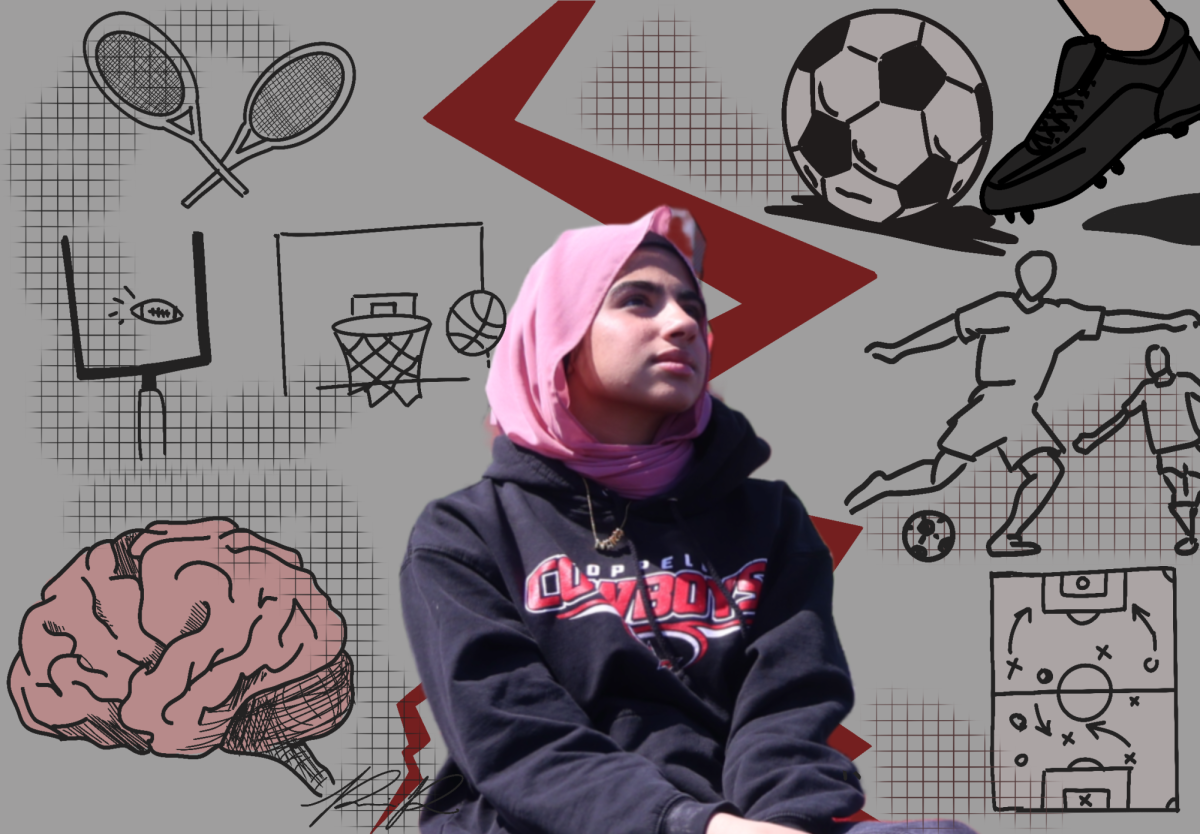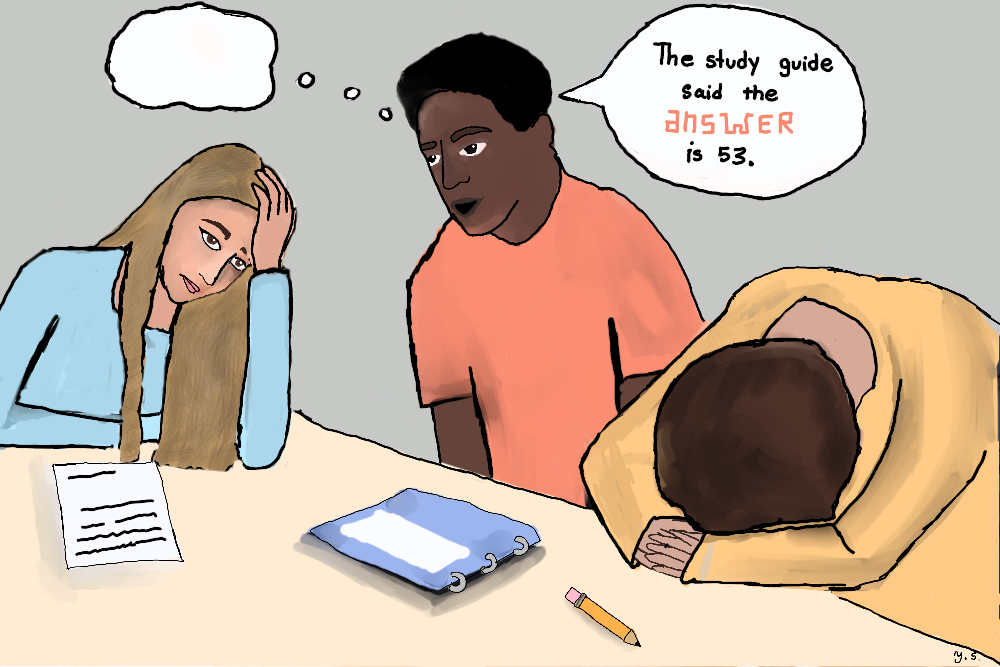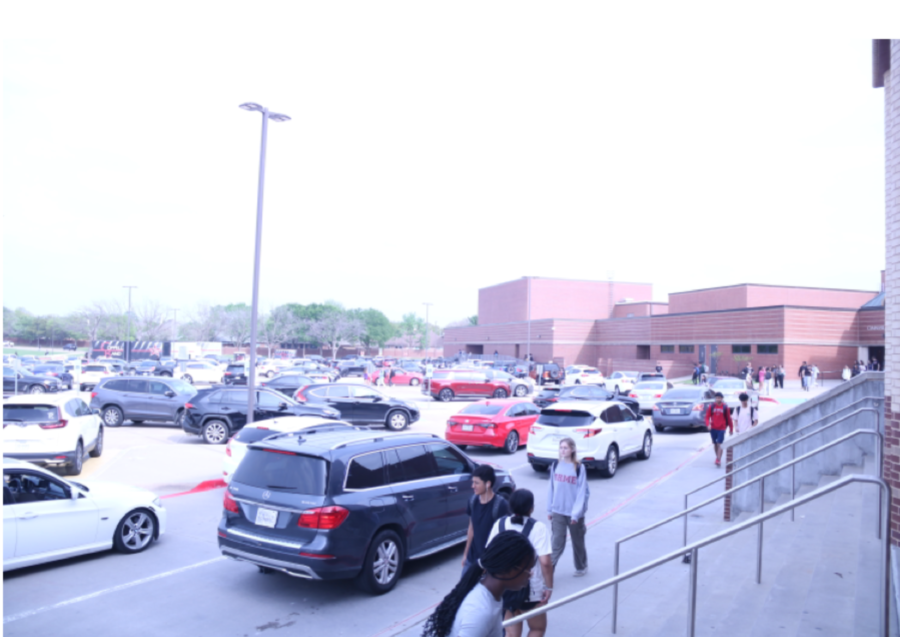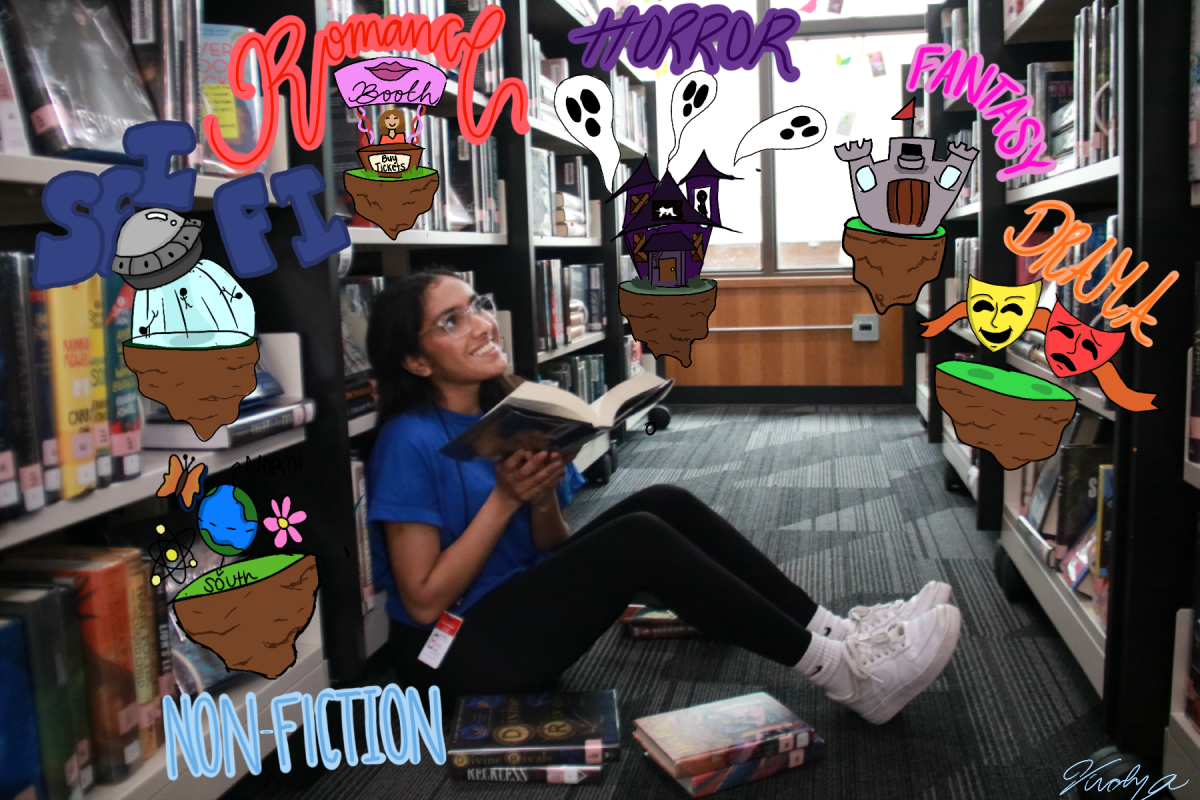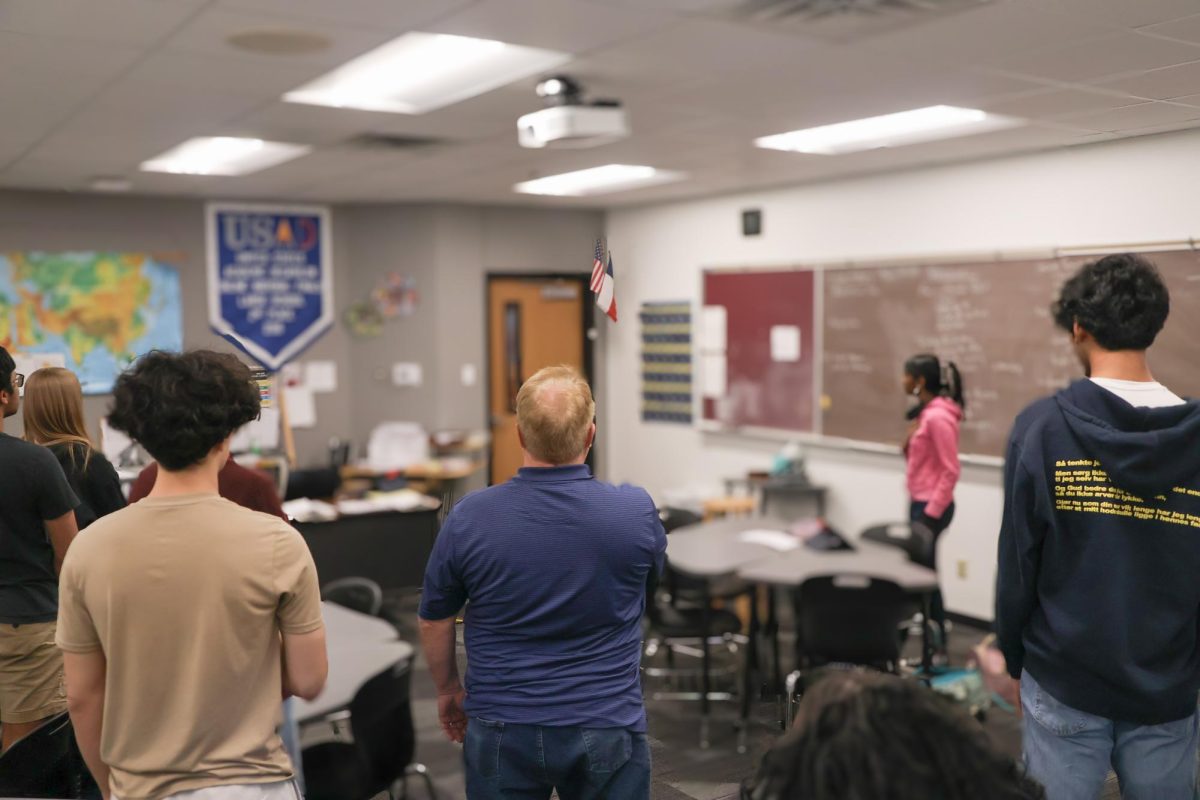Ashleigh Heaton
Editor-in-Chief
I started writing this column thinking I was going to write about abortion – don’t ask me why, but for some reason it’s been on my mind. I mentioned it to a friend, excited about the arguments forming in my head, when she got wide-eyed and said, “Oh, um…you probably don’t want to do that, since it’s the CHS paper.”
Now, I’ve never been the type of person who is afraid to speak their mind. I have very strong opinions, and when I want to say something, I say it pretty bluntly; I can handle any backlash or negative feedback thrown at me. But that comment caught me off-guard.
I thought about it. It was easy enough to understand how some people might find the issue uncomfortable, since it’s so controversial. However, it’s the fact that my friend said I shouldn’t write about it specifically to a CHS audience that concerned me.
So, I ditched the abortion thing (I’m pro-choice, if you cared) and decided to focus on something much more pressing at our school and in our community – the informal censor we place on ourselves.
Now, I’m not sure if it’s a Coppell thing or just a general high school thing, but I feel like students never really get to talk about the more important issues of the times – abortion, gay rights, the war overseas, marijuana, to name a few – simply because they’re controversial. We skirt squeamishly around them like they’re an infestation of cockroaches, and when they do come up, we phrase our soft-spoken arguments in a way that truly says nothing and, therefore, doesn’t offend.
Why are we so afraid of just speaking our mind?
Part of it, I figure, is that we don’t like conflict. We’ve been raised to be perfect angels, models in the community, loved by everyone around us. Stirring up debate and argument is, inevitably, going to make you end up with a few less friends than you started out with. We have appearances to keep up, and we assume be around any forms of “conflict” will reflect negatively on us.
Another large part, I believe, is the fact that strong opinions have been snuffed out of us. At the high school, teachers are so concerned about being politically correct (or, as they say, “sensitive”) and including everyone that it rubs off on us. And, being in the infamous Coppell Bubble, we don’t really question it.
That would be all fine and dandy, except for the fact that we’re not saying what we need to say.
I’m not saying that we should break down in social anarchy, running down the halls screaming curses and degrading terms – whoa there, partner. But we also should be more willing to state things bluntly, laying them out as they are, with no extra sugar coating.
Instead of getting embarrassed we used the term “black” instead of “African American” to describe Jim from Huckleberry Finn, or struggling not to vocalize that Romeo and Juliet – gasp! – had sex, shouldn’t we be more concerned on debating these novels’ literary merits? We get very hush-hush when mentioning teen moms, drug users and the like, but shouldn’t we want to have an open forum with our peers to talk out our thoughts so we can make the educated choice for ourselves?
If we’re so wrapped up in putting something the right way, does that mean we’re saying the right thing? How can we truly speak from the heart when our personal FCC constantly tampers with our words?
It’s time to turn the personal censors off, CHS. If you have something to say, say it – loud and clear. I promise someone will listen.



